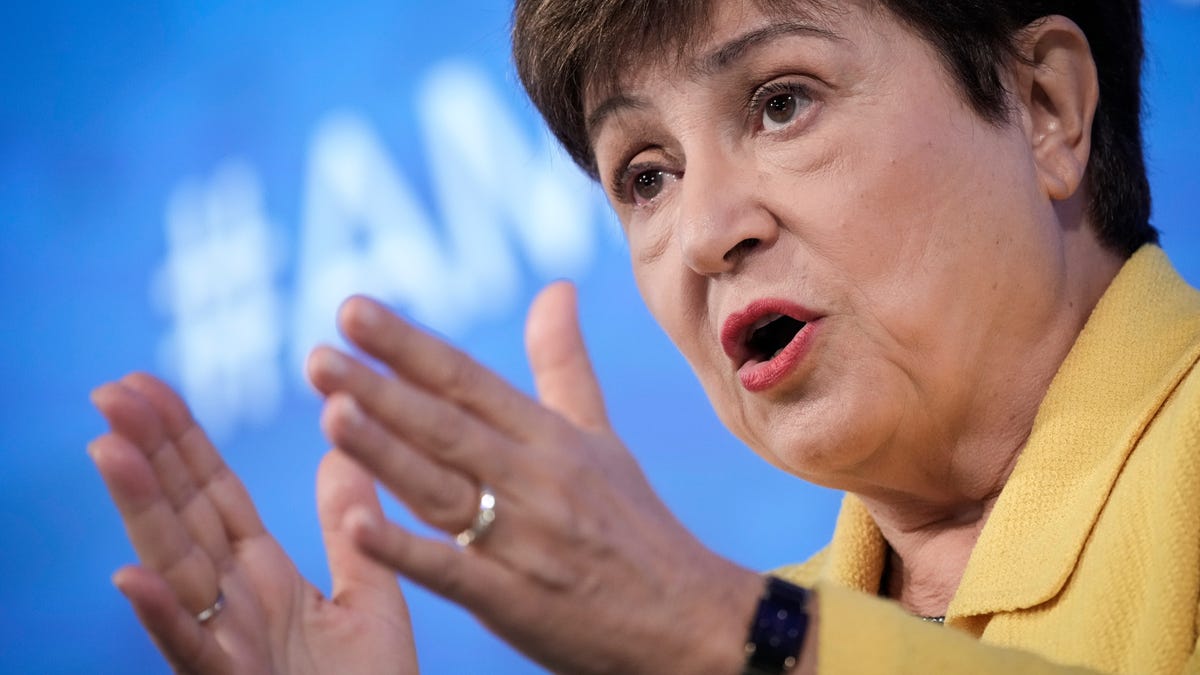
Daily News | Online News
The IMF’s latest World Economic Outlook, due on Tuesday, will likely bear bad news.
As anticipated by IMF managing director Kristalina Georgieva last week, the organization will downgrade its global growth forecast for 2022 and 2023—the fourth downward revision to take place this year. Georgieva blamed the combined effect of lingering covid disruptions, Russia’s invasion of Ukraine, and climate disasters for adding uncertainty to the global economy.
The report is also expected to address the growing risk of a global recession and will urge policymakers to fight inflation, to protect society’s most vulnerable from the rising cost of living, and to support emerging markets and developing countries.
Emerging economies have struggled to keep up with rising commodity prices, particularly those affecting food and fuel supplies. The number of countries requesting IMF assistance has doubled in the past year.
Quotable
“We estimate that countries accounting for about one-third of the world economy will experience at least two consecutive quarters of contraction this or next year. And, even when growth is positive, it will feel like a recession because of shrinking real incomes and rising prices” —IMF managing director Kristina Georgieva, speaking on Oct. 6
Global growth forecast changes
In October last year, the IMF predicted a 4.9% global growth in 2022. That forecast has already been downgraded three times this year, with a fourth downward revision expected this week.
By the digits
6.1%: Global economic growth in 2021
$4 trillion: Estimated global output loss between now and 2026, roughly the size of Germany’s economy
$219 billion: Total IMF loans to 92 countries since the start of the pandemic
Person of interest: Kwasi Kwarteng
British finance minister Kwasi Kwarteng is among those policymakers attending the IMF and the World Bank’s gathering this week in Washington. The visit comes just two weeks after the IMF issued a rare and stern rebuke of Kwarteng’s plans for the UK economy, which focused heavily on tax cuts.
The UK government has since backtracked, scrapping an income tax cut for the highest earners from its plan. But that accounted for only 2% of the overall tax cuts promised, which were presented without a proposal on how to finance them, or an assessment from the nonpartisan Office for Budget Responsibility (OBR). The assessment was handed over to the Treasury last week, and will be made public on October 31 along with Kwarteng’s debt plan. A fiscal statement to the UK parliament is scheduled for November 23.
Related stories
📈 Ghana is seeking the IMF’s bailout as inflation spikes
🫠 The IMF delivered an embarrassing blow to the UK government

0 Comments :
Post a Comment